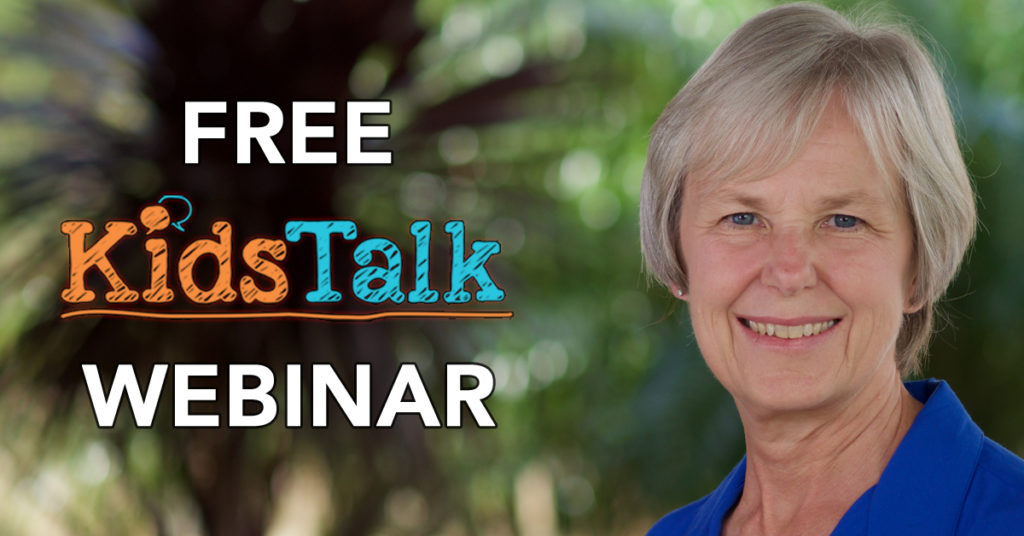
“The families I see day in and day out come to me to fix problems. If they had done some preparation before becoming parents, a lot of pain could have been avoided,” said Debra, a family psychologist. “It’s much more fun and rewarding to help people learn to create happy families from the beginning, instead of trying to help after something blows up in their faces.”
Debra was talking about using positive psychology to create optimum situations for personal growth. As parents we are in a unique position to help our children learn to be happy, healthy and maintain a positive outlook on life.
The innate nature of the child is to be happy and we are all born with natural tendencies that aid personal development.
We are born with dispositions to love and connect with the adults in our lives, to love our surroundings, and to love the natural world. Even a newborn has the inclination toward activity directed by an individual will, a will that constructs a unique human being.
The newborn comes prepared to create a happy life, but obstacles get in the way. Uninformed or misinformed adults for the most part create these impediments to personal development.
Psychology has been dedicated to understanding mental illness.
Positive psychology seeks to understand the factors that create happy and healthy “mindedness”.
Positive psychologists have identified six types of core virtues that appear in all cultures: wisdom and knowledge, courage, humanity, justice, temperance, transcendence.
Twenty-four character strengths comprise these six core virtues:
1. Wisdom and Knowledge: creativity, curiosity, open-mindedness, love of learning, perspective
2. Courage: bravery, persistence, integrity, vitality
3. Humanity: love, kindness, social intelligence
4. Justice: citizenship, fairness, leadership
5. Temperance: forgiveness and mercy, humility and modesty, prudence and self-regulation
6. Transcendence: appreciation of beauty and excellence, gratitude, hope, humor and spirituality
Debra wanted to help individuals and families understand these 24 character strengths in order to build healthy lives. Knowing our strengths can help us be more engaged in life, find deeper meaning, have higher aspirations, feel more satisfied and even laugh and smile more often, regardless of our circumstances. Being able to identify our strengths and learn how to use them can help us fortify our families, our communities, and ourselves. This knowledge creates a foundation for sustaining a positive outlook on life and a resiliency against life’s difficulties.
The Positive Psychology Center at the University of Pennsylvania has an on-line testing site to assess these 24 strengths in adults and children. Go to www.authentichappiness.com and take the VIA (Virtues in Action) Signature Strengths Questionnaire to assess character strengths. For children, use the VIA Strength Survey for Children.
Strengthen your strengths and bolster your weaknesses. This is an effective strategy for teaching your children how to use their natural positive tendencies, and will help all of us play to our positive qualities.
Character strengths create these six virtues that lead to a lifetime of wellbeing.

